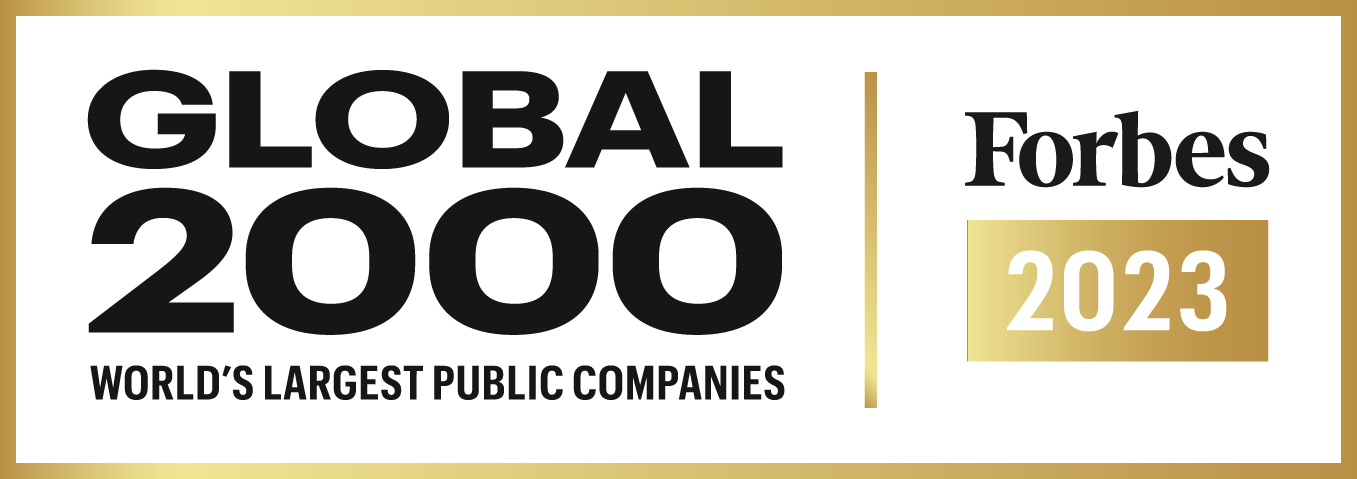
The Toyota Tsusho America, Inc. (TAI) Supplier Sustainability Code of Conduct (SSCOC) outlines TAI’s fundamental expectations of its suppliers and service providers in respect of labor and human rights, health and safety, environmental protection, sustainability and supply chain, and compliance with laws (including those prohibiting corruption and bribery) and ethics. The principles embodied in the SSCOC are designed to be consistent with international norms and standards such as the Universal Declaration of Human Rights, the ILO’s International Labor Standards, among others. The SSCOC also contains important information regarding Higher Risk Sourcing Countries (See Appendix IA) and Higher Risk Products (See Appendix IB). You may also view each of those appendixes by scrolling down further on this webpage.
CLICK ON THE APPROPRIATE BUTTON TO VIEW THE SSCOC DOCUMENT:
The information in this Appendix is based on reputable NGO and other sources detailing forced and child labor labor risks, including the Global Slavery Index. Please note that a Supplier location in one of the listed countries shall not automatically subject the Supplier to heightened due diligence; similarly, Suppliers located in other countries not included on this list may nonetheless be subjected to heightened due diligence based on the product supplied and other factors.
** Denotes countries identified as higher risk for fish or fish products only.
Updated May 2025 | Version 3.00
Suppliers of the following products or any products containing any of the following materials or products may be required to undergo heightened due diligence:
In addition, Suppliers of electric vehicle (EV) batteries or their sub-materials may be required to undergo
heightened due diligence if the products or materials contain any critical minerals (noted above by *). Critical minerals also include but are not limited to:
The full list of critical minerals is available here.
Updated May 2025 | Version 3.00

Toyota Tsusho America, Inc. is a multi-market, multi-business enterprise which has been operating in North America for over 60 years.

© 2024 Toyota Tsusho America, Inc. All Rights Reserved.